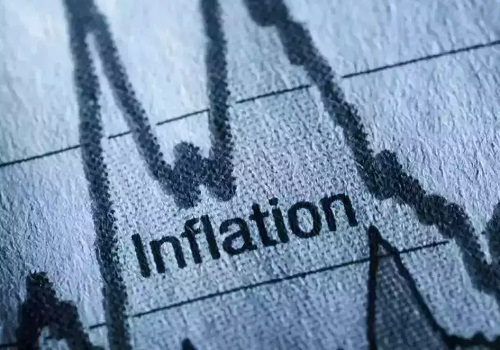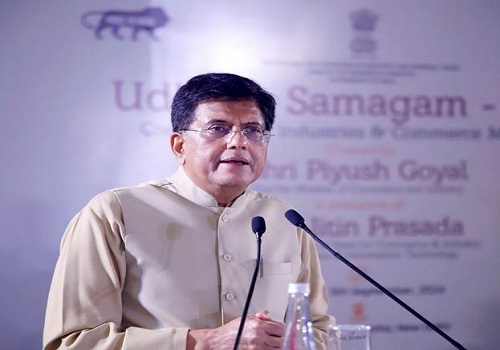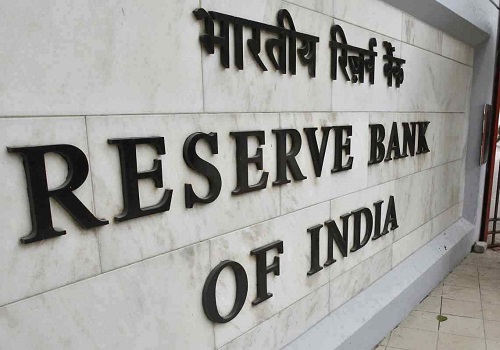Economics - Impact of supply shocks on inflation minimal by Elara Capitals

Elara Composite Supply Chain Index rising; inflation spike unlikely
The Elara Composite Supply Chain Index (ECSI; data available till 21/22 December 2023) is up by 18% YoY in Dec-23 to 145 versus past threemonth average of 122, indicating risks are re-emerging to global supply chains and global trade, especially through Asia/Europe to Europe/Asia. Given the strategic importance of the Red Sea (12% of trade), a prolonged disruption in the route could hit global merchandise supply. However, with global demand dynamics, especially for goods, weakening, we see negligible related impact on overall inflation and hence, the trajectory of monetary policy.

Shipping costs rising; expect spill-over to air freights too
The Baltic Dry Index rose by 40% MoM in December till date and Shanghai to LA shipping costs by ~2%. Separately, Shanghai to Rotterdam shipping costs rose ~26% through December till date versus November, indicating challenges to Europe-Asia trade. Spill-over impact may be seen in air freight too – Drewry East – West air freight index was up by 6.3% in Nov-23 MoM versus 2.5% in Oct-23 on 3mma basis. Per our analysis of port stay duration of dry bulk carriers, in major ports across Europe, Asia and the Middle East, the median duration of port stay rose by two days as of week ended 12 December versus Novemberend. In Asia, stay in Qingdao (China) rose the highest (2.4 days), in Europe, Copenhagen (Denmark), Split (Croatia) rose by eight and four days respectively and in Chabahar (Iran) and Abu Dhabi (UAE), port stays are up by seven and five days, respectively.

Disruption unlikely to lead to inflation spike amid sluggish demand
Per our analysis of CPI Index of major Asian emerging markets (AEM) (India, The Philippines, South Korea and Thailand) and overall major advanced economies (Germany, the UK, the US, France and Australia) versus ECSI through May-21 to Aug-22 (latest supply shock period), during this period of supply shock, YoY inflation, on an average, was 100bps higher than normal (Apr-19 to Nov-23) in AEMs and 150bps higher than normal in advanced economies. A key factor that played a role in supply shock of 2021/22 was the consumer demand for goods – Among major consumer economies (the US, the UK, India, Japan, South Korea and China), YoY growth in goods imports averaged 28.1% YoY through May-21 to Aug-22 versus ~6% through Jan-19 to Oct/Nov-23.
Currently, in 2023 import growth is in negative trajectory. Thus, the pass-through of the shocks may be minimal and transitory in our view. Amid weak demand dynamics led by China and Europe, surge in crude oil production in the US, expect relatively somber outlook for commodity prices, especially for crude oil and base metals. Benign private and industrial demand conditions in major economies (the US and China) are also the key factor in containing the pass-through of the current shock. Core goods inflation in the US was stagnant on an average in 2023 versus 7.7% in 2022. New orders in manufacturing in China remained in contraction for most part of 2023, continuing the trend in 2022.

Above views are of the author and not of the website kindly read disclaimer





















